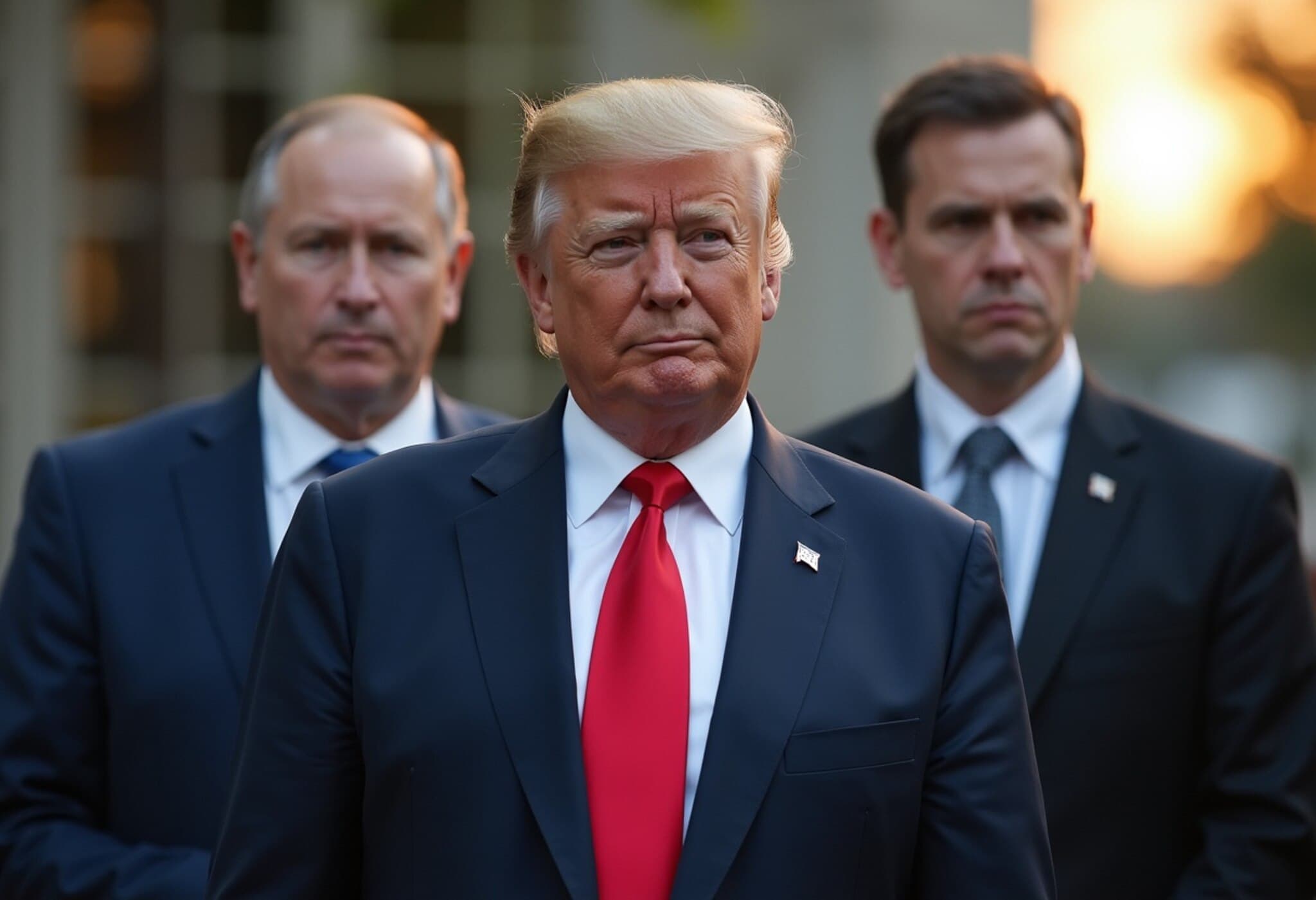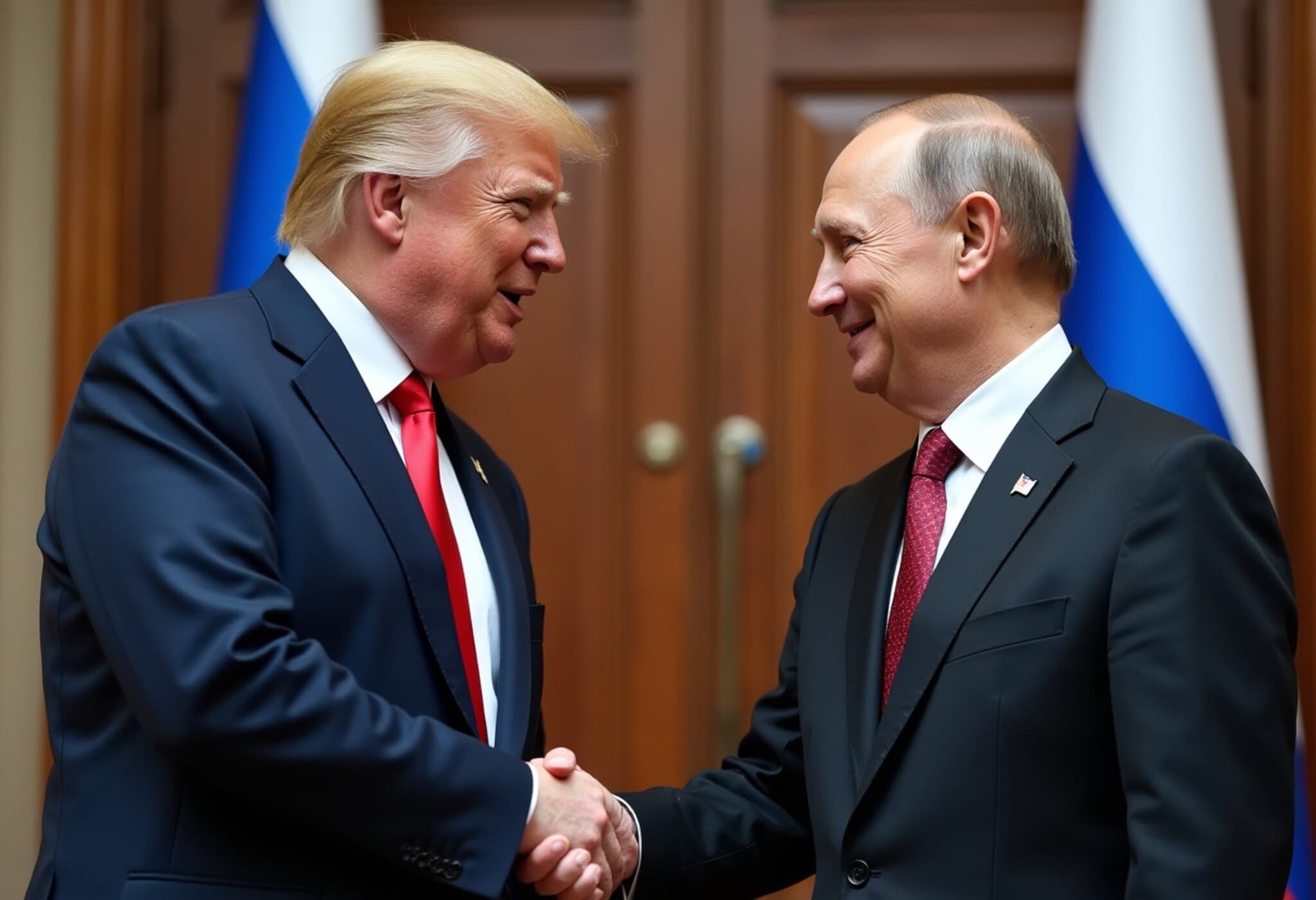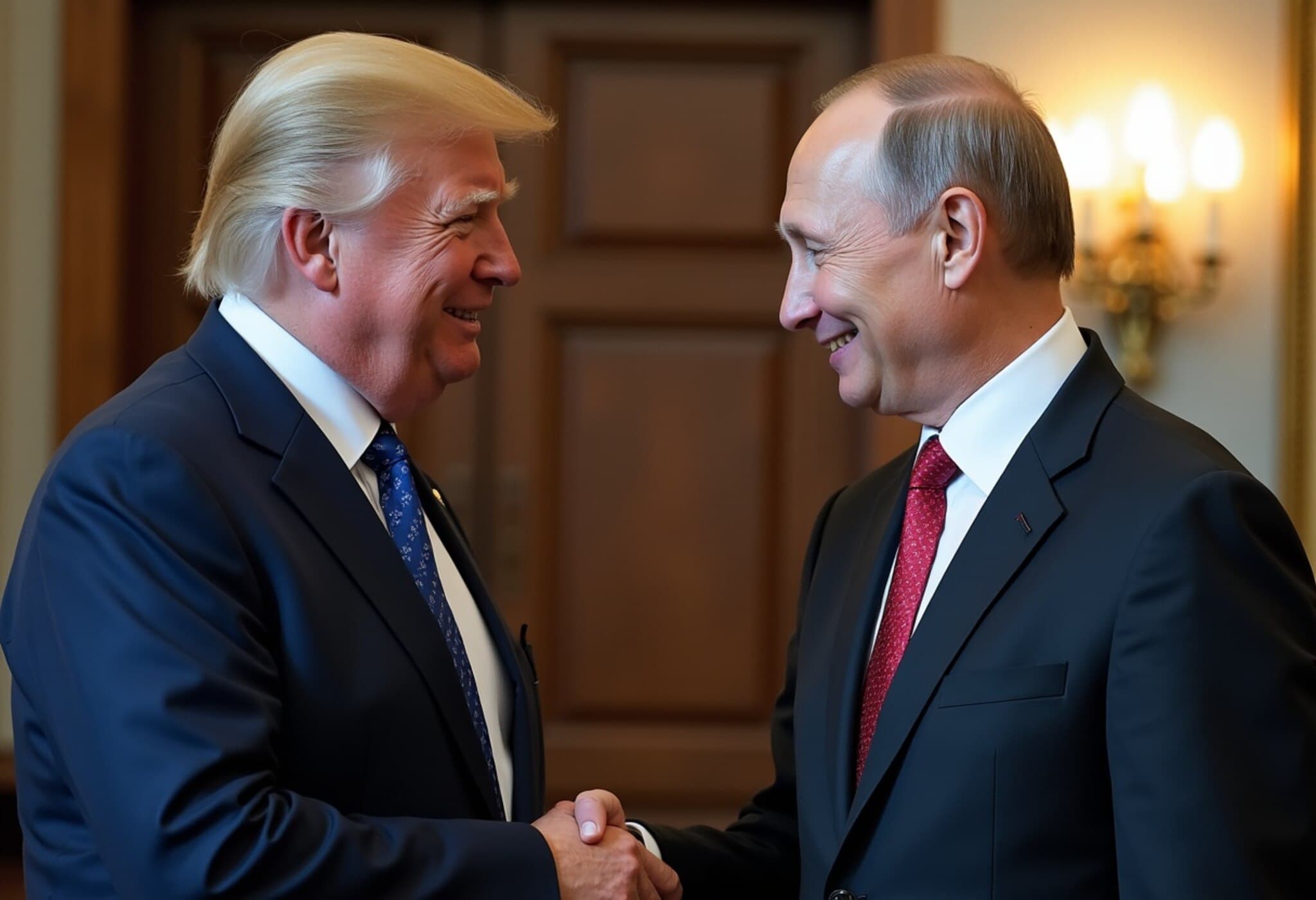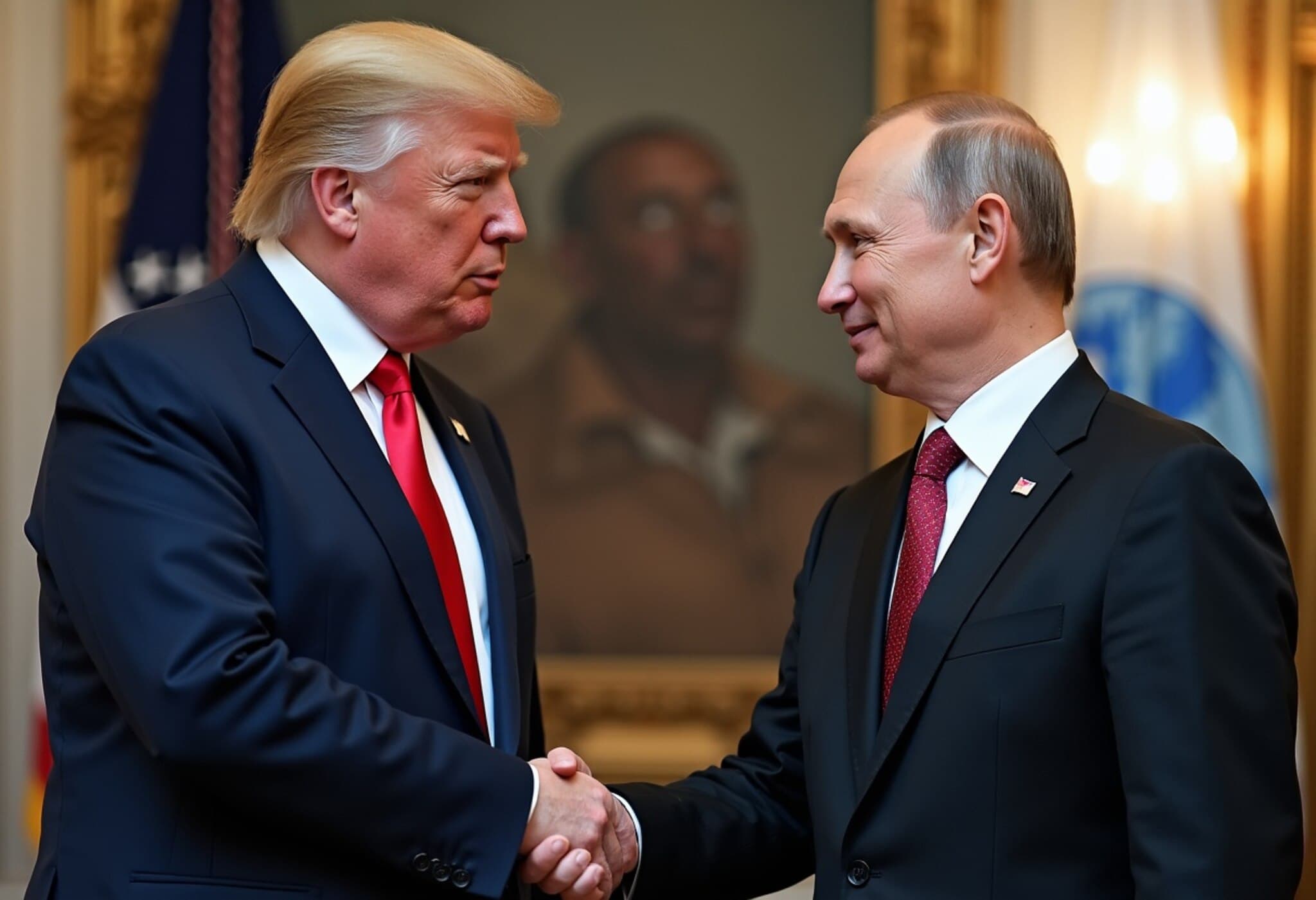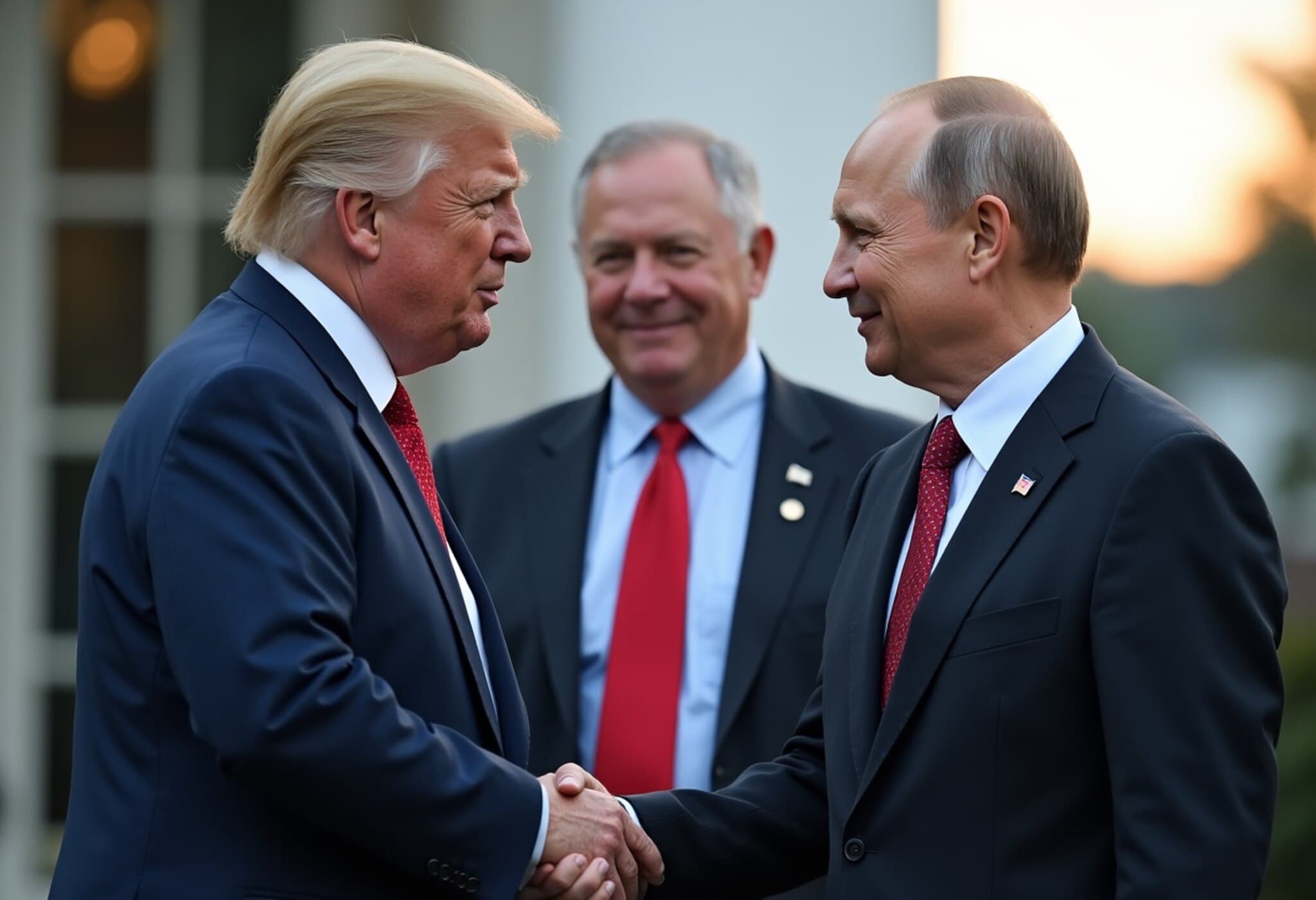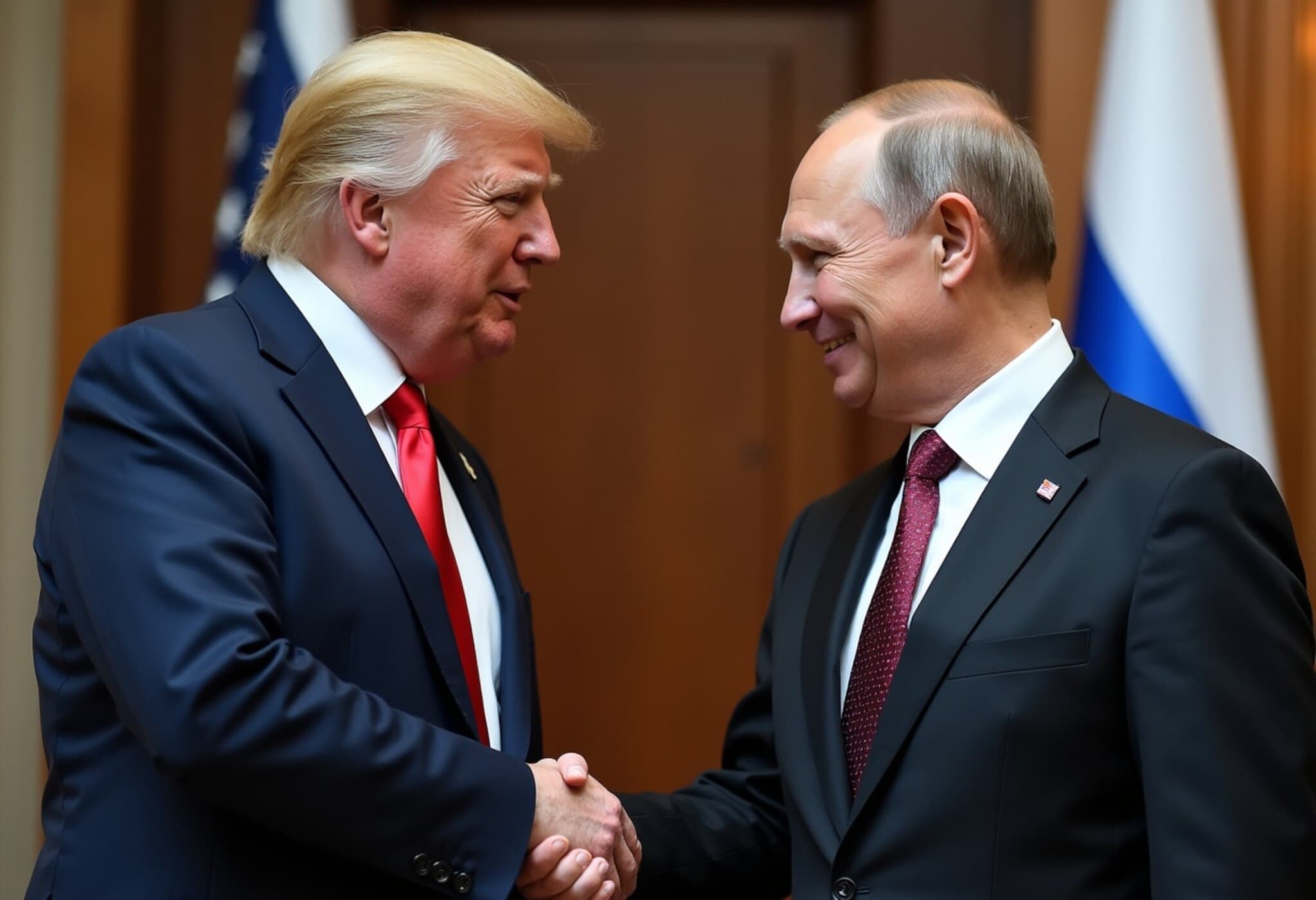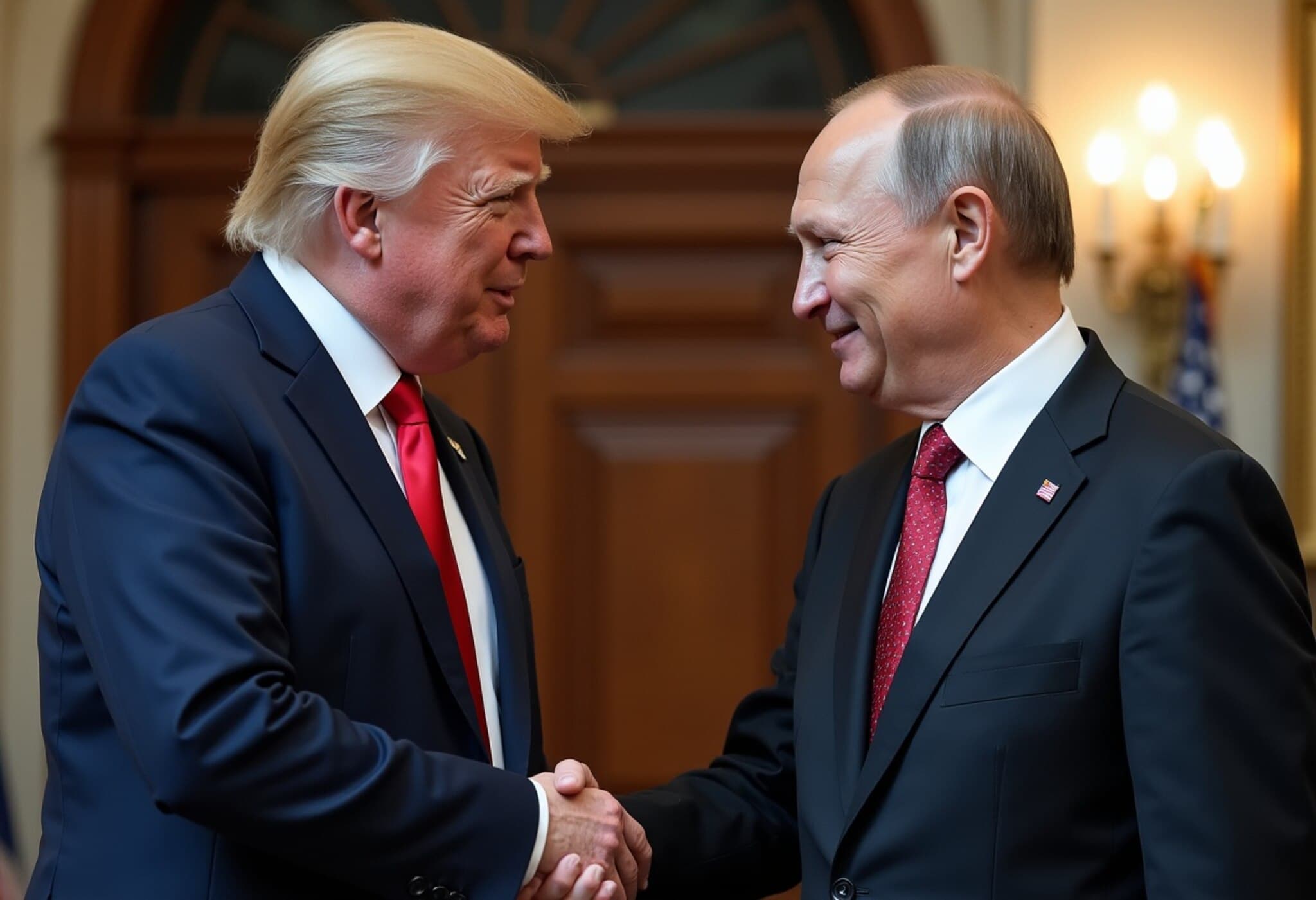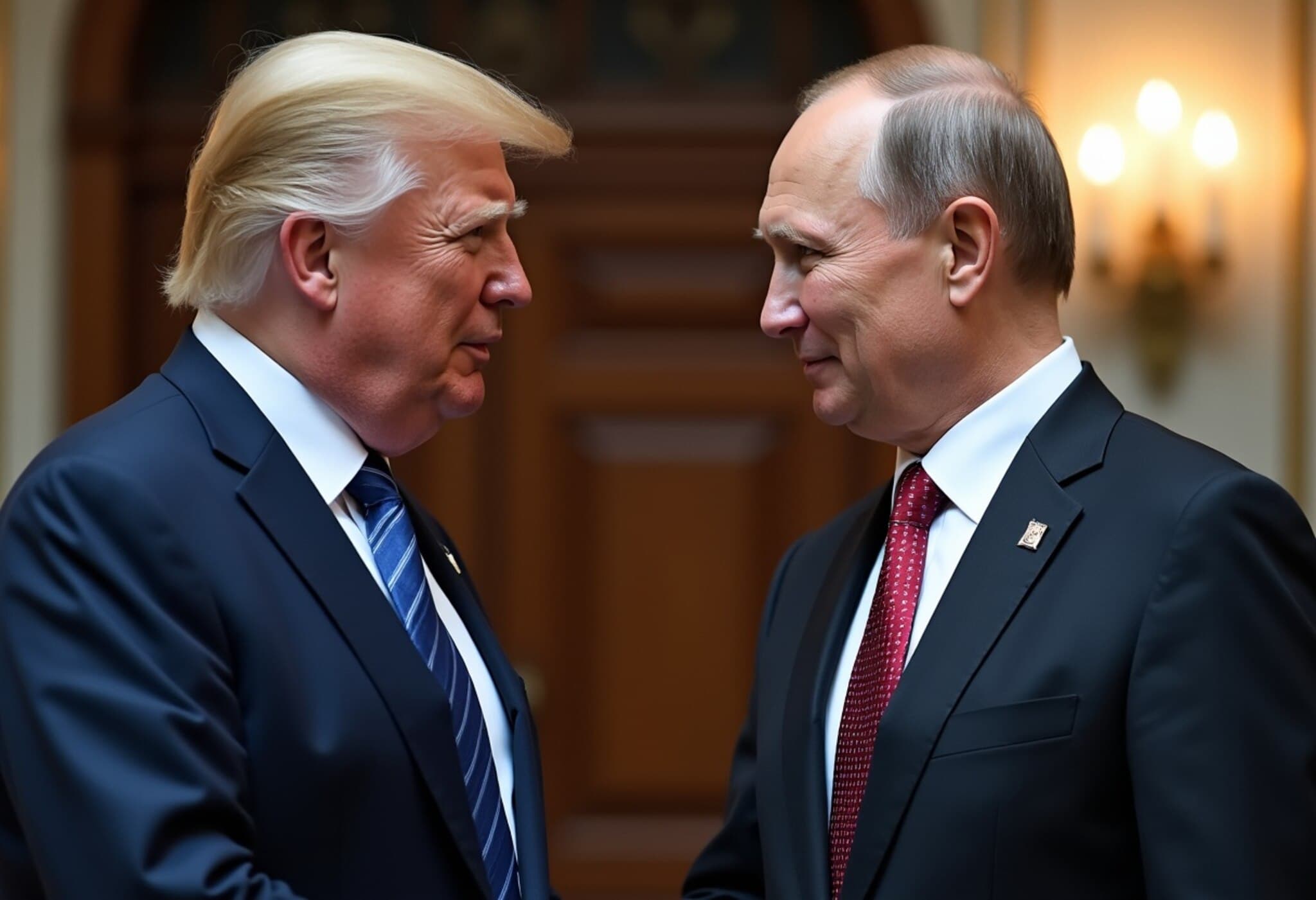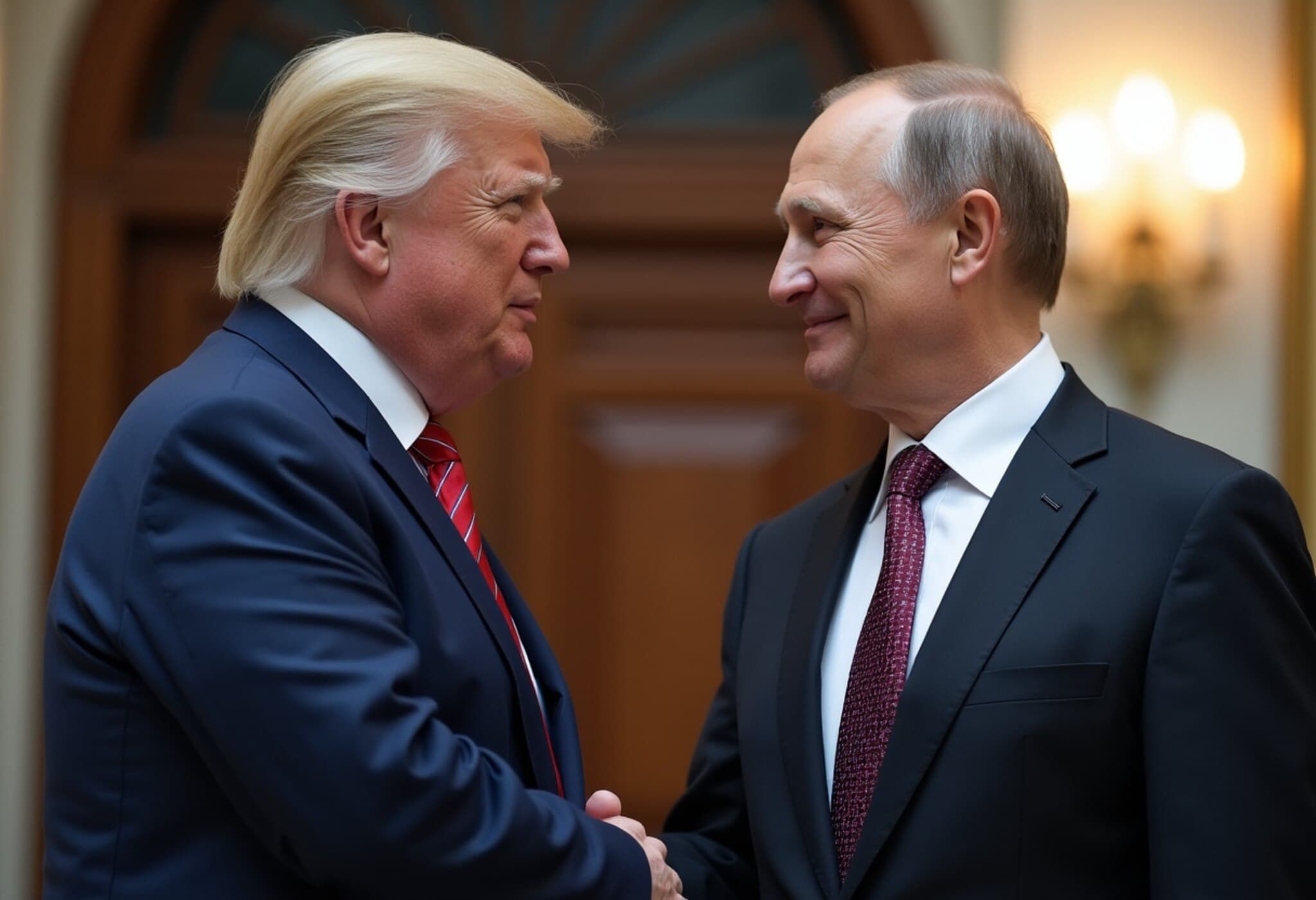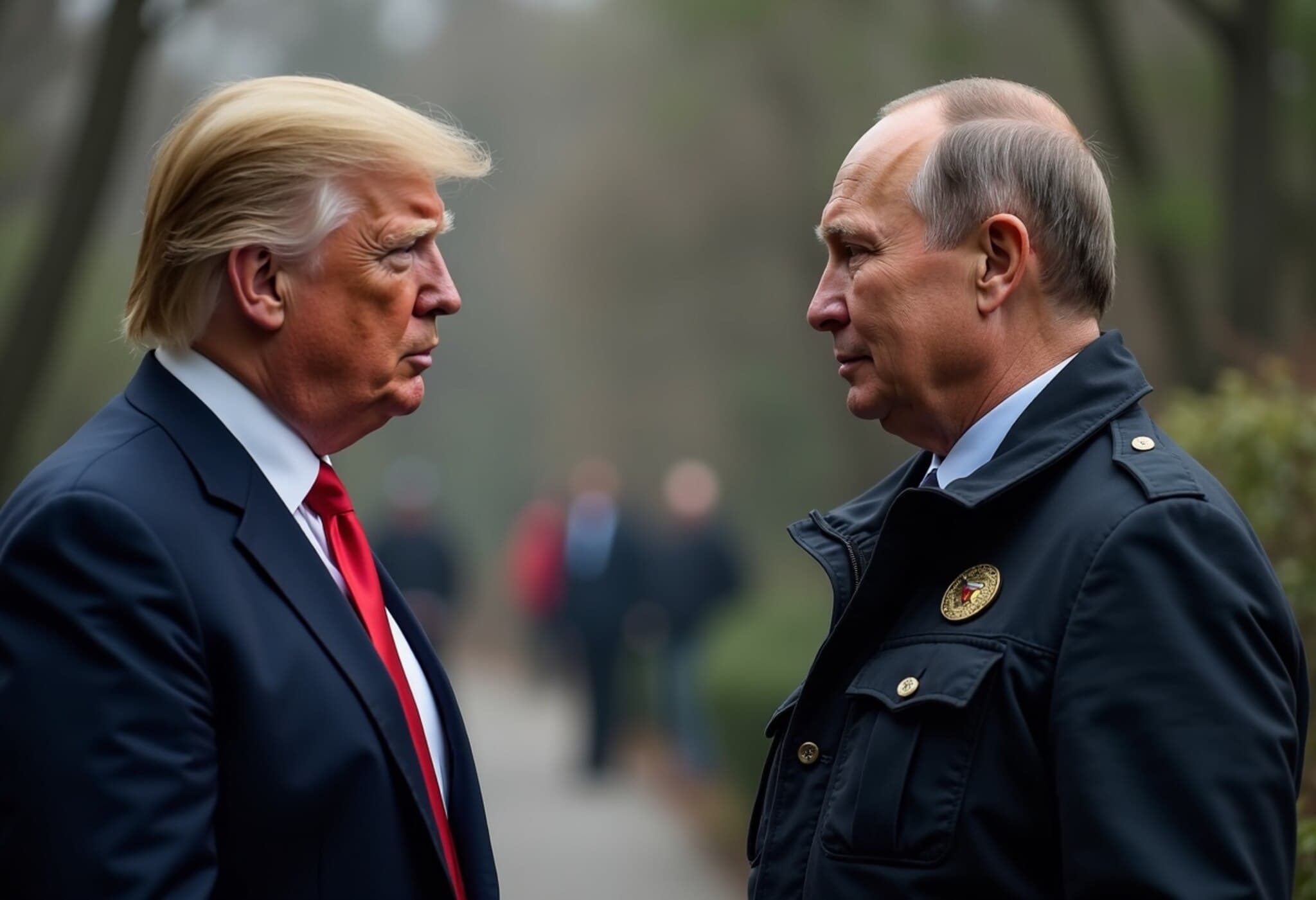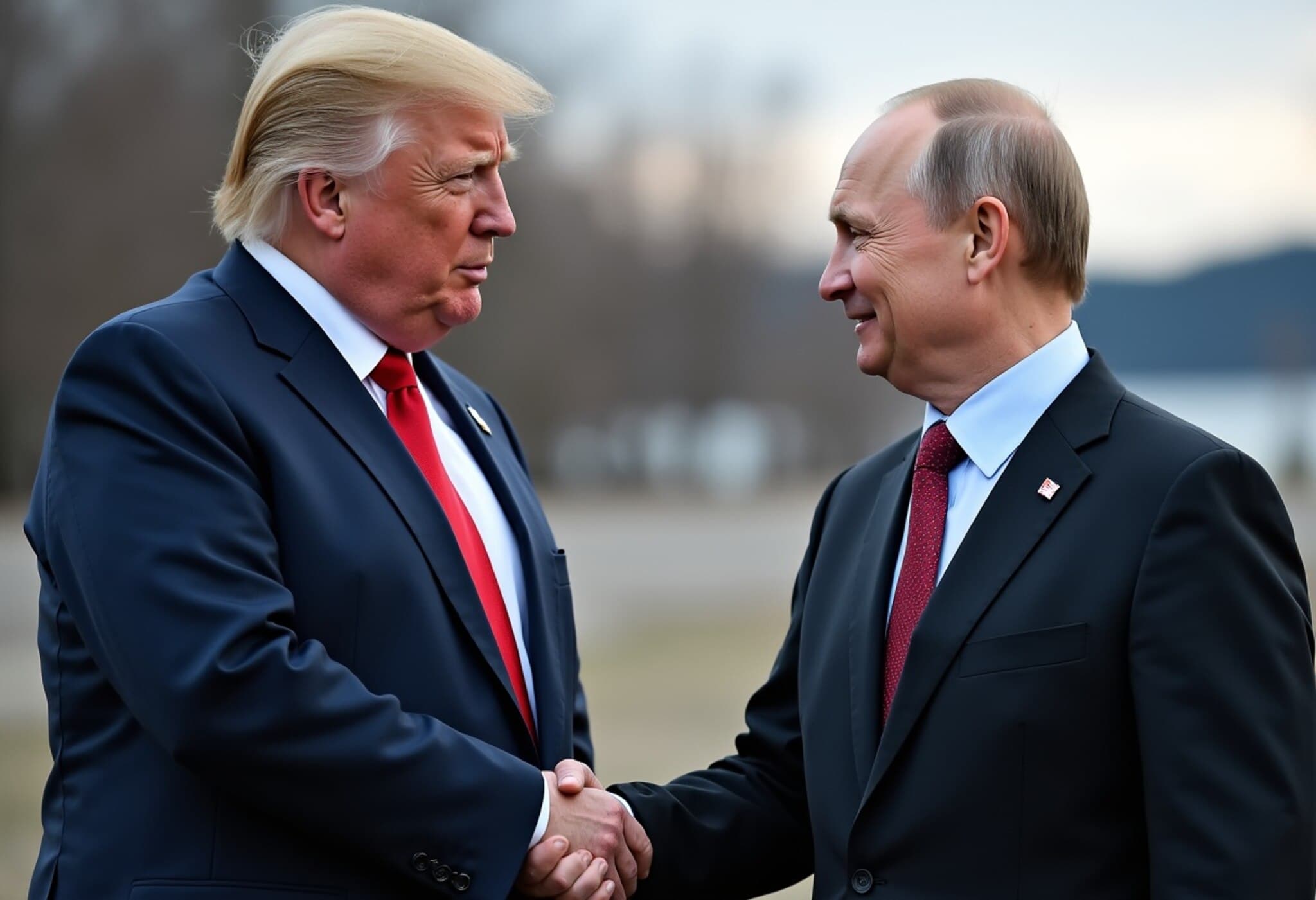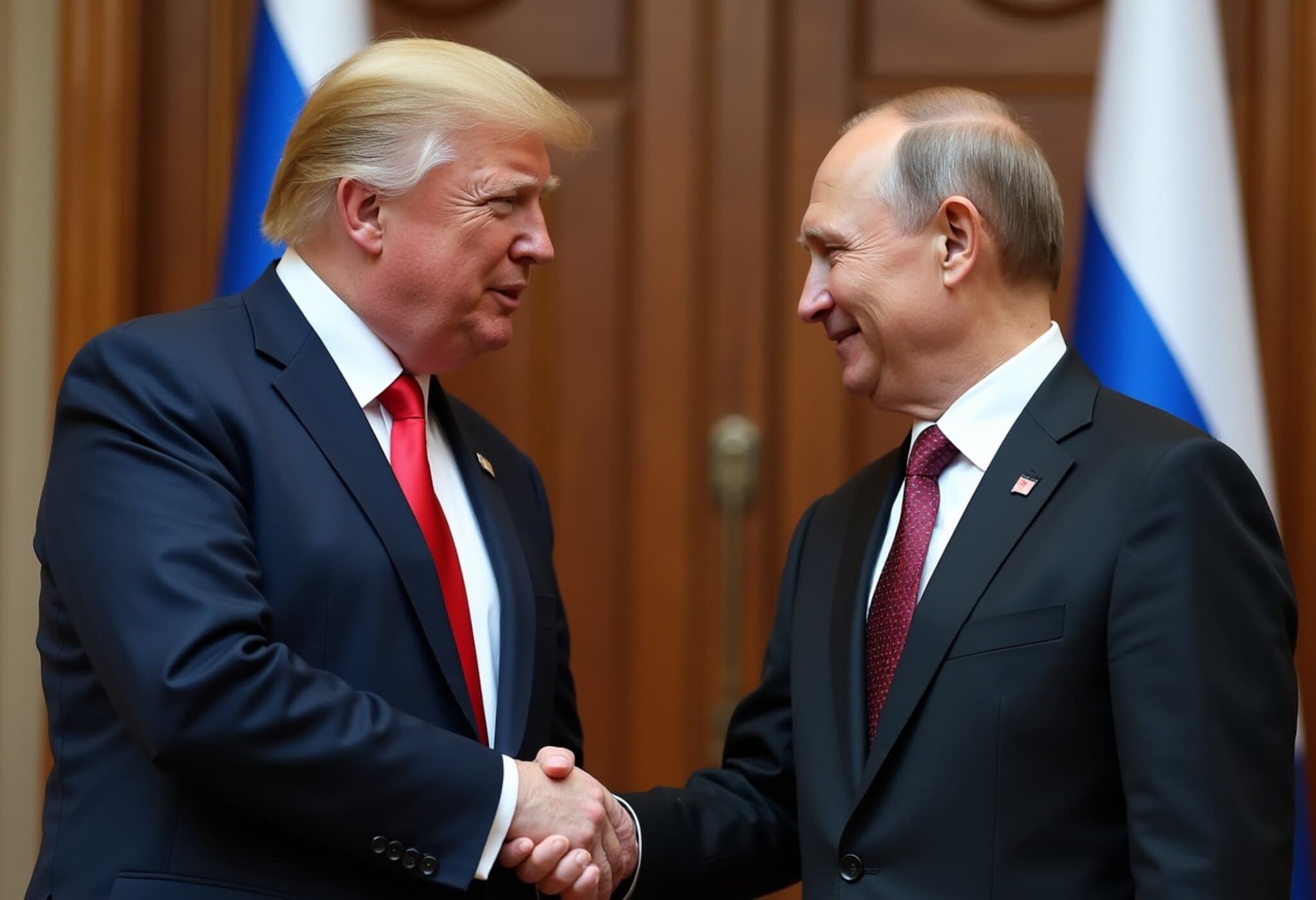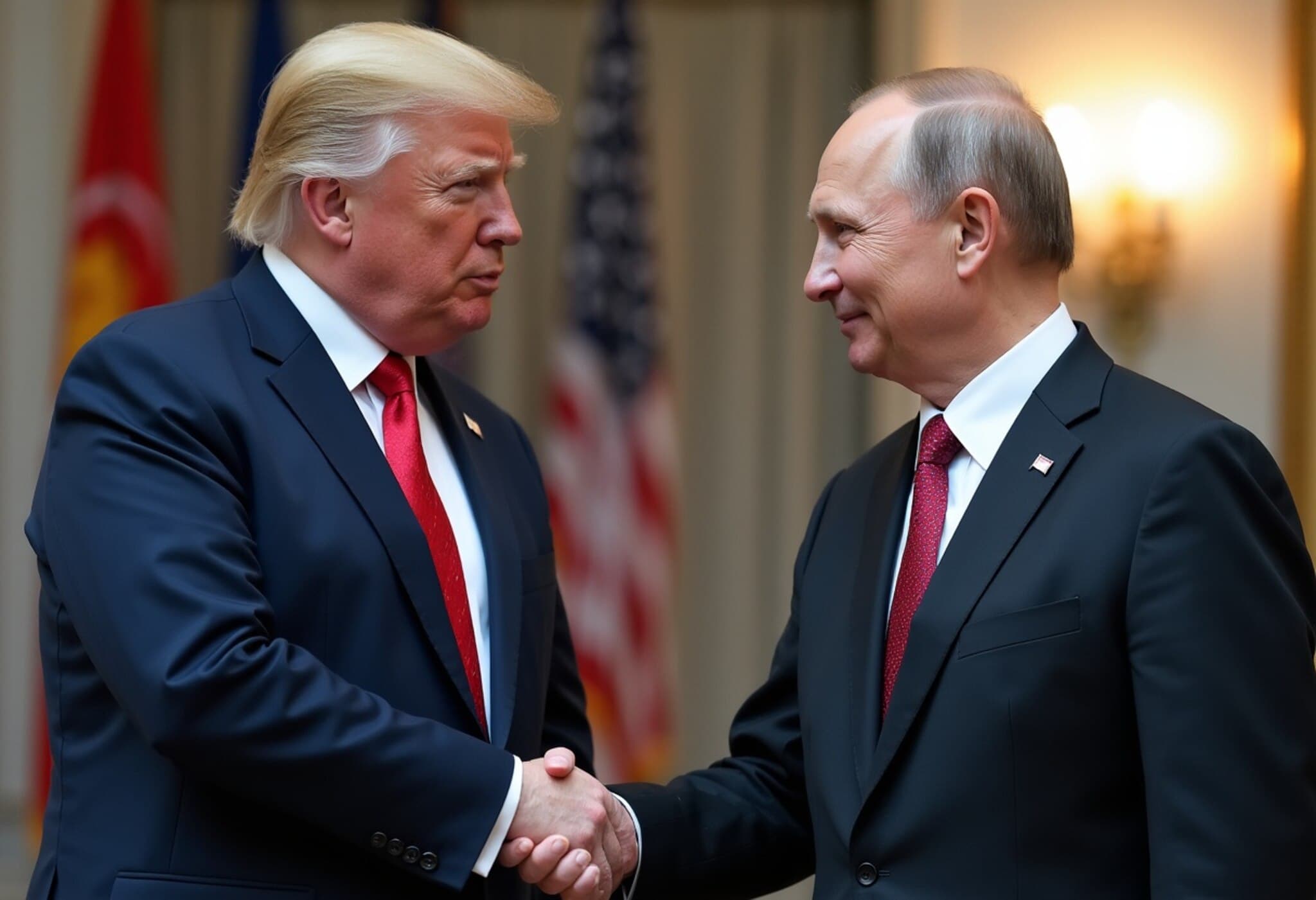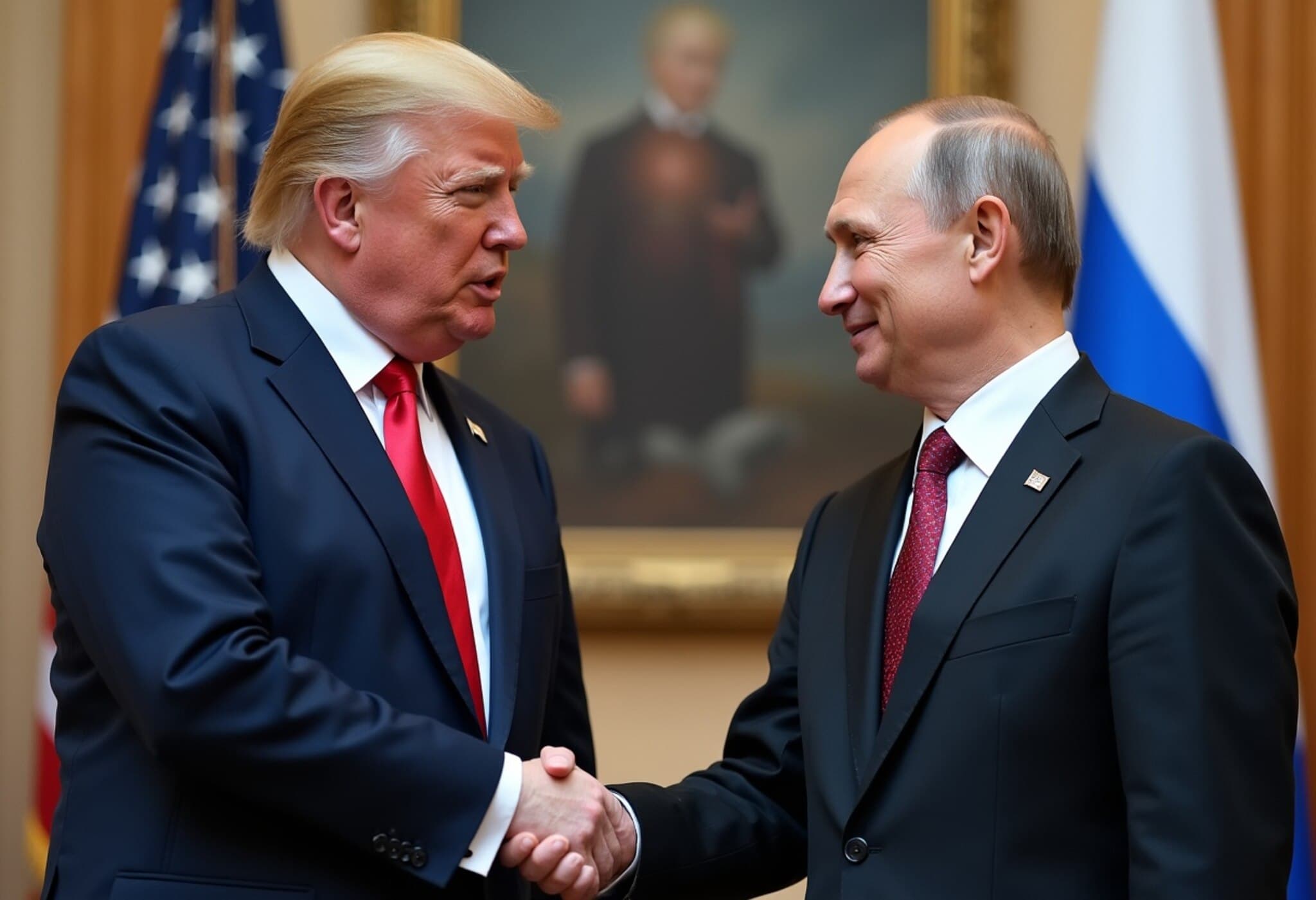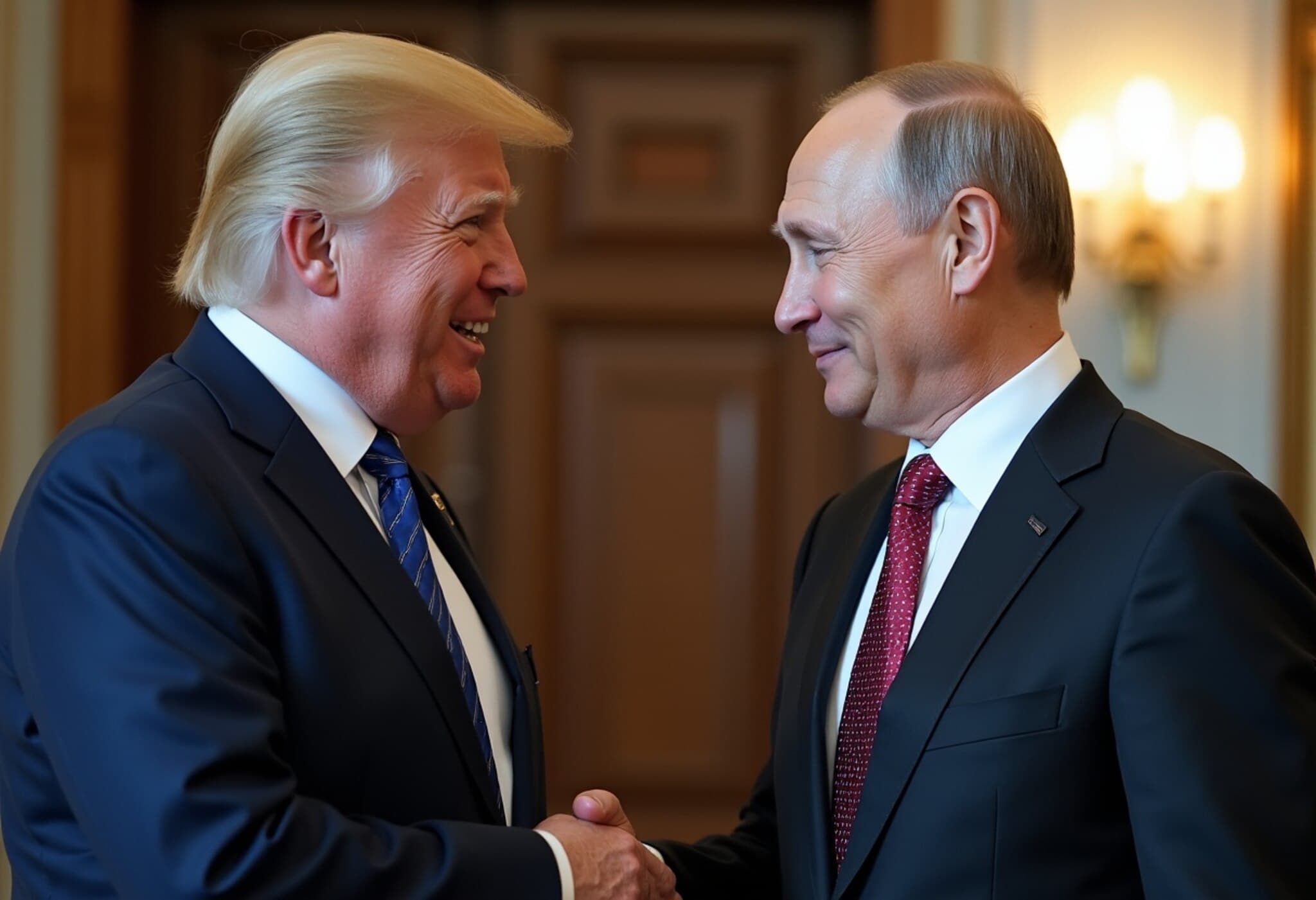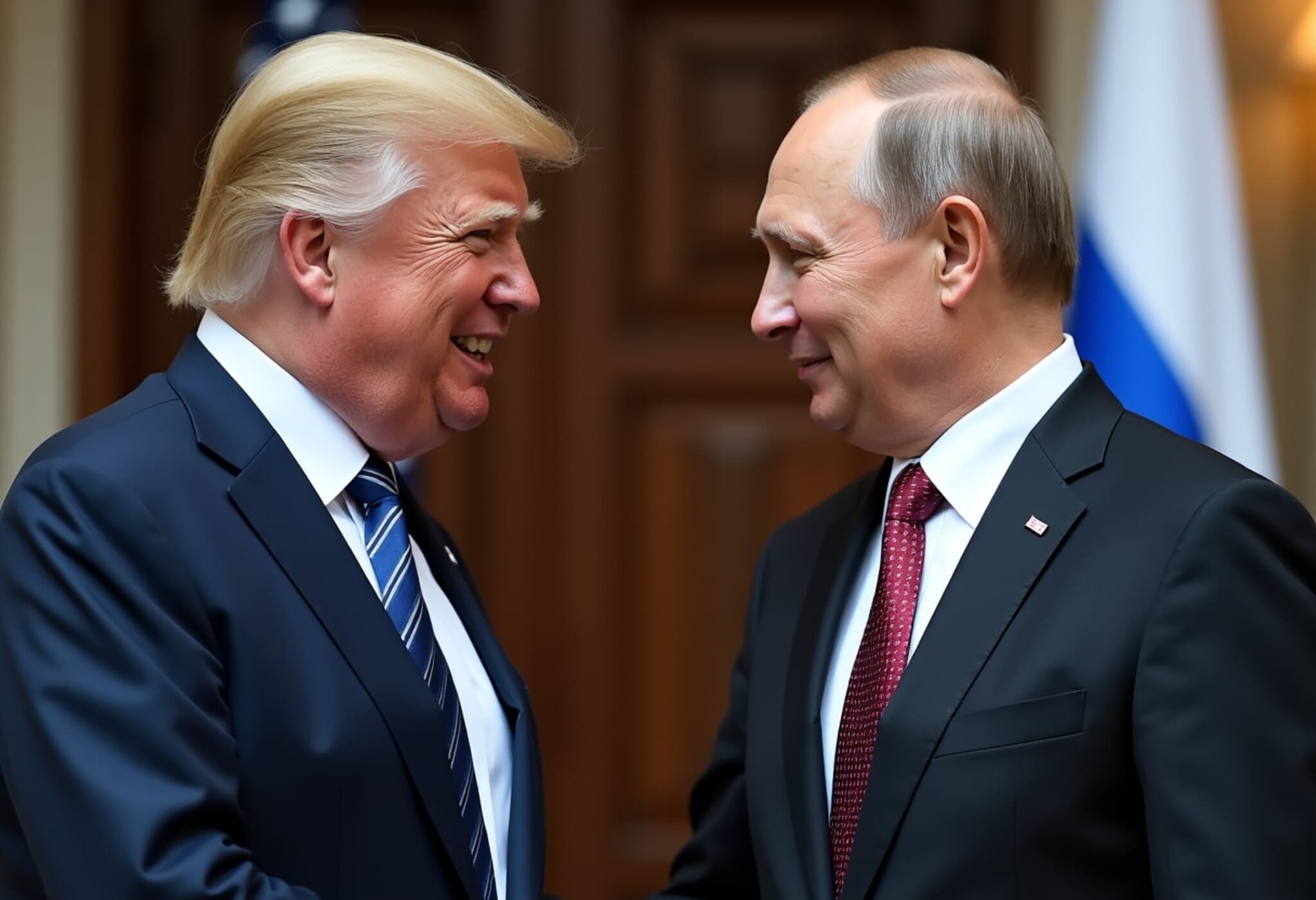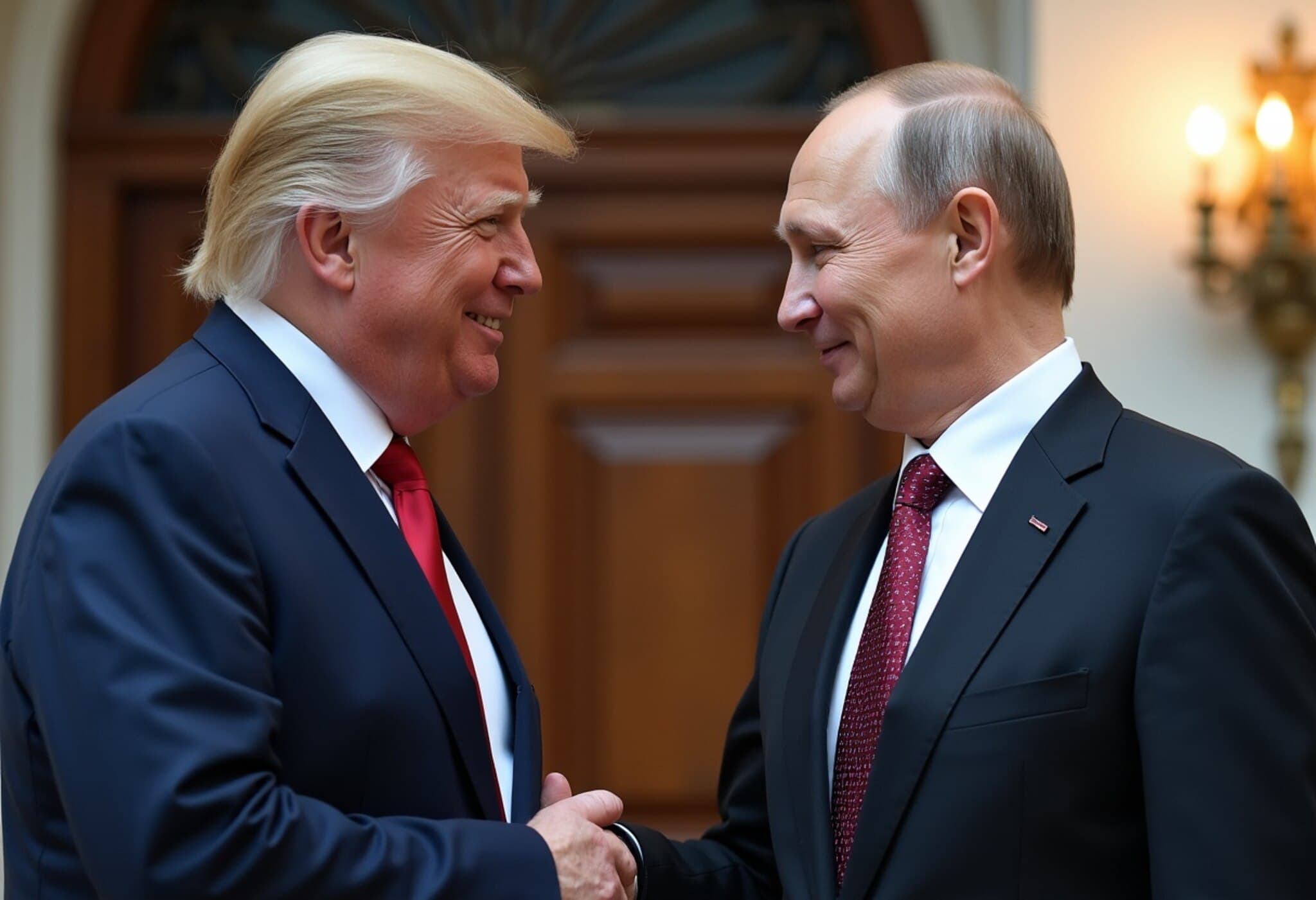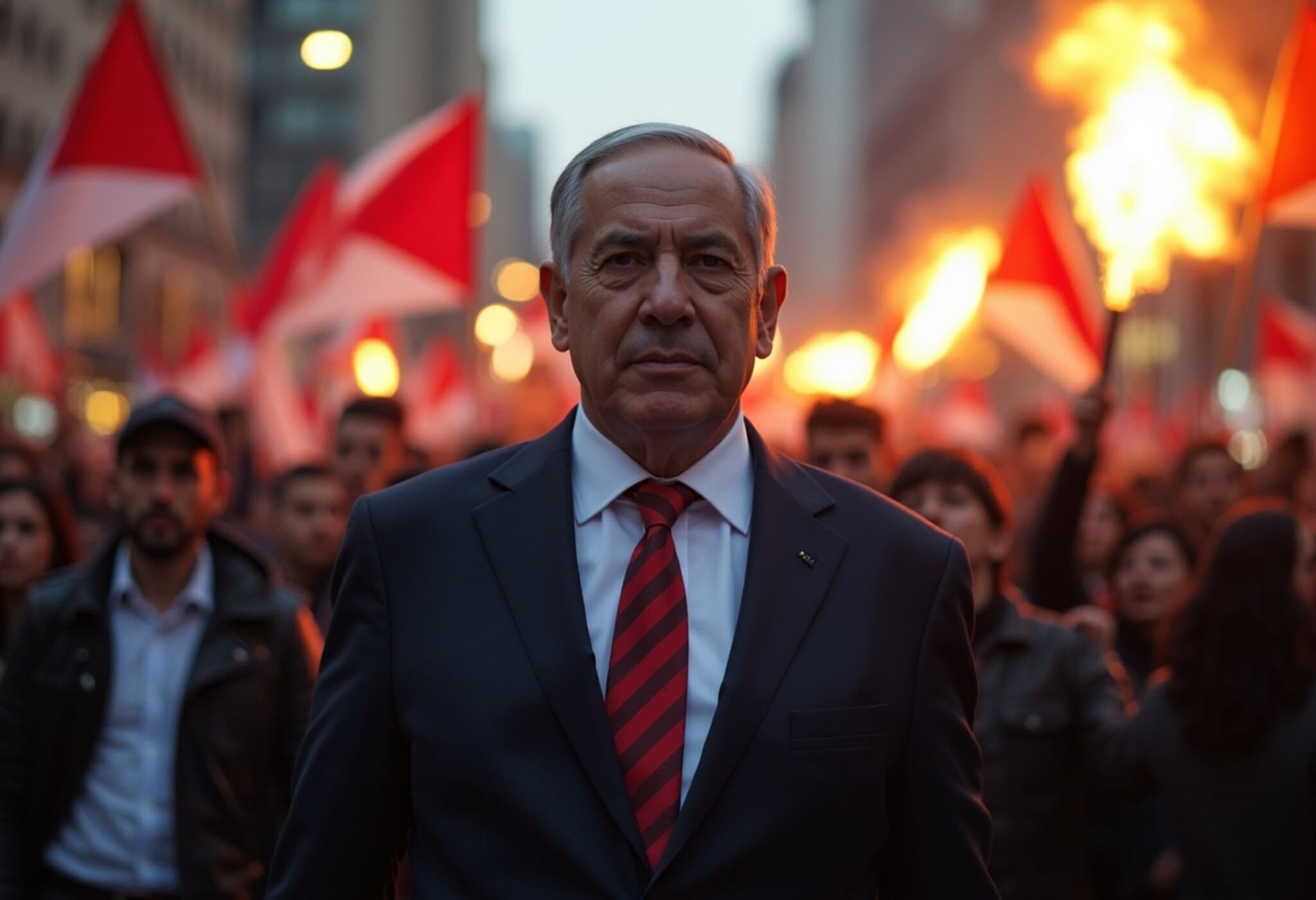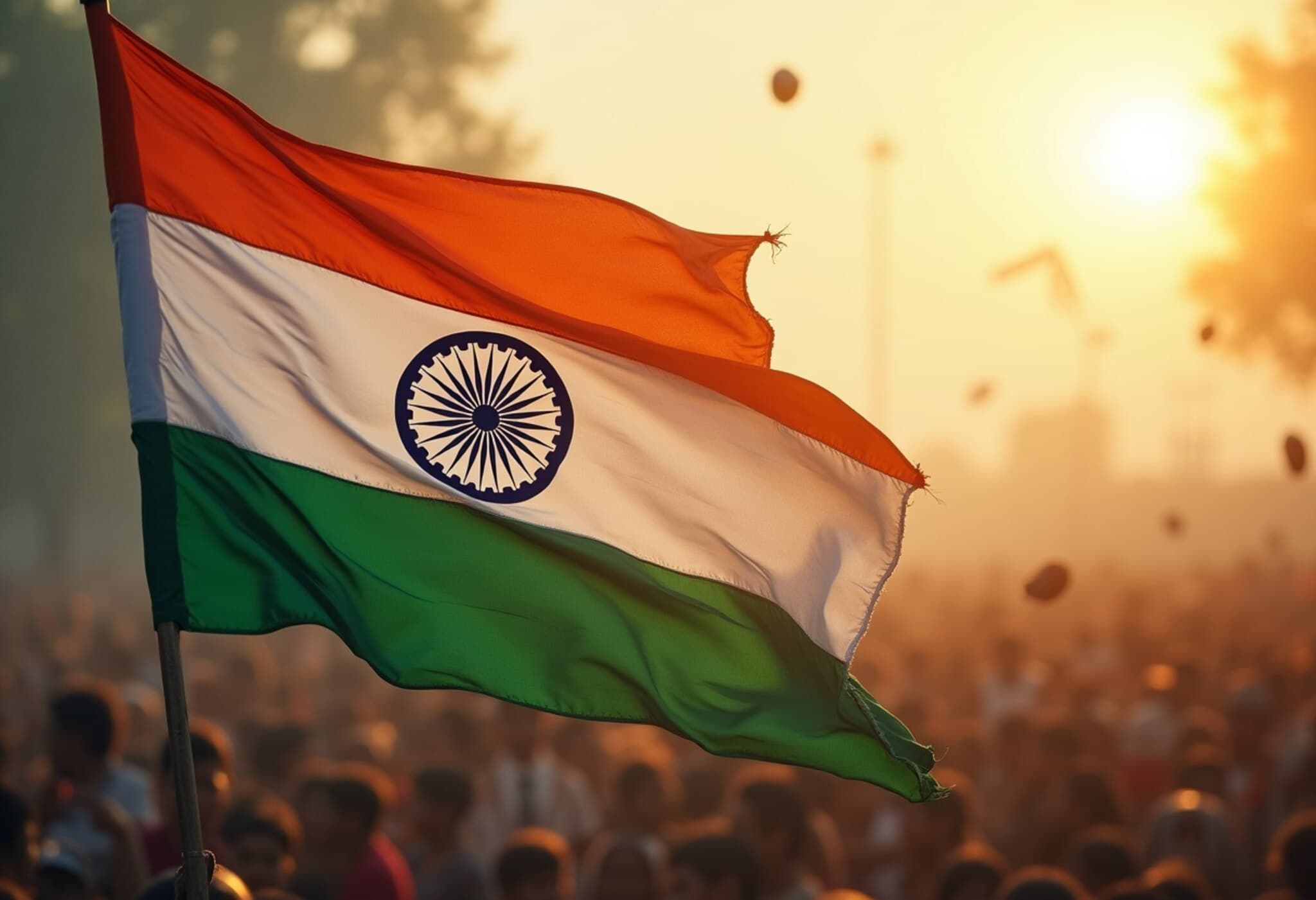Trump Considers Rare Trilateral Summit in Alaska to Address Ukraine Conflict
In a notable development that has captured global attention, former US President Donald Trump expressed openness to convening a pivotal summit in Alaska involving Russian President Vladimir Putin and Ukrainian President Volodymyr Zelenskyy. The announcement, made publicly via Trump’s social media platform Truth Social, revealed plans for talks scheduled on August 15 that aim to negotiate an end to the ongoing conflict in Ukraine.
White House Confirms Meeting Details with Nuanced Approach
A spokesperson for the White House clarified on Saturday that while the administration is considering a bilateral meeting with President Putin—a meeting requested by Moscow—there remains an openness to expanding this dialogue to include President Zelenskyy, thereby facilitating a trilateral negotiation. This shift signals a potential willingness to reopen diplomatic channels amidst mounting international pressure to resolve the war ravaging Eastern Europe.
When asked if President Putin must meet President Zelenskyy first before any trilateral discussion, Trump decidedly remarked, “No… I’ll do whatever I can to stop the killing,” underscoring his personal commitment to peace efforts regardless of formal diplomatic protocols.
Context and Implications for US Foreign Policy
Such a summit, especially hosted on US soil in Alaska, would be unprecedented in recent years and could mark a watershed moment in international diplomacy. The Ukraine war continues to be a focal point of global concern, with millions displaced and widespread geopolitical tension impacting markets and alliances worldwide.
From a policy analysis perspective, a successful trilateral summit could demonstrate the US administration’s capacity to facilitate meaningful dialogue between conflicting parties, potentially paving the way for ceasefire agreements or humanitarian corridors. However, experts caution that the complexities underlying the conflict—ranging from territorial disputes to deep-rooted political mistrust—pose significant hurdles.
Underreported Angles and Critical Questions
- The Role of Media and Perception: How might Trump's involvement and public statements influence international perception and the negotiation dynamics?
- Strategic Calculations: What concessions might Russia and Ukraine realistically consider in such high-stake talks, and what is the US’s leverage?
- Impact on Allies: How do NATO members view such US-led dialogue with Russia outside traditional diplomatic channels?
These questions remain vital as the global community watches closely, hoping for breakthroughs yet prepared for continued challenges.
Looking Ahead: What This Means for Peace Prospects
The prospect of a trilateral summit is stirring cautious optimism among diplomats and conflict resolution advocates. However, previous attempts at diplomacy have been met with setbacks, reminding all stakeholders of the fragile nature of peace efforts.
Nevertheless, Trump’s stance exemplifies how former and current political figures can influence the discourse surrounding one of the most pressing crises of the 21st century. As the date approaches, the world waits to see if Alaska will become the stage for a historic step toward ending the Ukraine war.
Editor’s Note
This proposed Alaska summit highlights the evolving dynamics of geopolitical negotiations amid the Ukraine conflict. Beyond the immediate diplomatic agendas, it raises profound questions about the role of unconventional diplomacy and the influence of political leaders outside formal office. Observers should consider not only the potential outcomes but also the broader implications for how peace processes are shaped in today’s complex international system.

